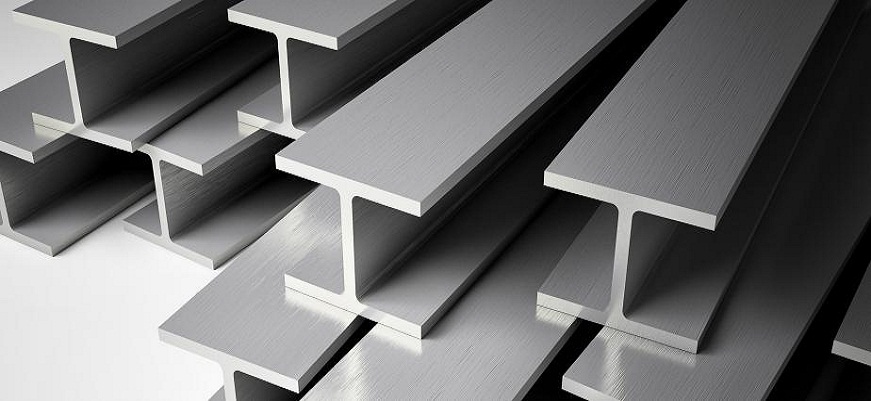İyl . 21, 2024 00:57 Back to list
China ERW Black Round Steel Pipe Manufacturer Offering High-Quality Products for Various Applications
The Emergence of China ERW Black Round Steel Pipe Factories
In recent years, China has established itself as a leading producer of various steel products, including Electric Resistance Welded (ERW) black round steel pipes. These pipes have gained immense popularity due to their versatility, durability, and cost-effectiveness. The increase in domestic and international demand has led to the establishment and growth of numerous factories across China dedicated to the production of ERW black round steel pipes.
Understanding ERW Black Round Steel Pipes
ERW black round steel pipes are made from hot-rolled steel strips that are shaped into a cylindrical form and welded using resistance welding techniques. This method provides a strong, continuous seam along the length of the pipe, resulting in a product that is not only robust but also able to withstand various types of pressure and stress. The black designation refers to the uncoated, or blackened, surface finish of the pipes, which is a result of the manufacturing process.
These pipes are widely used in various applications, including construction, plumbing, and structural purposes. Their ability to endure high pressure makes them suitable for transporting liquids and gases, thus expanding their utility in industrial settings.
Growth of ERW Black Round Steel Pipe Factories
The growth of ERW black round steel pipe factories in China can be attributed to several factors. First, the rapid urbanization and infrastructure development in China have significantly increased the demand for steel products. With cities expanding and new construction projects emerging, there is a constant need for quality steel pipes.
Second, China's strategic investments in technology have improved the efficiency and quality of steel pipe production. Many factories have adopted advanced machinery and automated processes, allowing them to increase output while maintaining strict quality control standards. This has positioned Chinese manufacturers to compete not only in local markets but also on a global scale.
china erw black round steel pipe factory

Third, the competitive pricing of Chinese steel products, including ERW pipes, has made them an attractive option for international buyers. Factories often benefit from economies of scale, and the extensive supply networks in China allow them to reduce costs, which in turn leads to lower prices for customers.
Environmental Considerations
Despite the economic benefits, the rapid expansion of steel pipe factories has raised environmental concerns. The production of steel is energy-intensive and can result in significant emissions and waste if not managed properly. In response, many factories are now investing in cleaner technologies and more sustainable practices. This includes recycling scrap metal and utilizing renewable energy sources to power production processes.
Furthermore, the Chinese government has implemented stricter environmental regulations to ensure that manufacturing facilities adhere to sustainable practices. Factories that demonstrate a commitment to environmental stewardship not only contribute to a healthier planet but also enhance their reputation and marketability.
The Future of ERW Black Round Steel Pipe Industry
Looking ahead, the future of China's ERW black round steel pipe industry appears promising. As the global demand for infrastructure development continues to rise, particularly in emerging markets, the need for reliable and durable steel products will only increase. Chinese manufacturers are poised to capitalize on this demand, especially as they continue to innovate and improve their production capabilities.
In conclusion, the emergence of ERW black round steel pipe factories in China marks a significant development in the global steel market. With a focus on quality, efficiency, and sustainability, these factories are set to play a crucial role in meeting the demands of various industries, both domestically and internationally. As the industry evolves, it will be essential for manufacturers to balance growth with environmental responsibility, ensuring a sustainable future for the steel production sector.
-
High Quality Mild Steel Pipe Manufacturers in China for Exporting Premium Industrial Solutions
NewsAug.01,2024
-
Exploring Key Characteristics of Wholesale API Steel Pipes for Your Business Needs
NewsAug.01,2024
-
Current Wholesale Prices for ERW Steel Pipes in the Market Right Now
NewsAug.01,2024
-
Exploring the Diverse Applications and Benefits of China Round Steel Pipes in Construction and Industry
NewsAug.01,2024
-
Top Quality API 5L ERW Steel Pipe Manufacturer Offering Reliable and Durable Solutions for Your Needs
NewsAug.01,2024
-
Reliable Supplier of Premium Quality Concrete Pipes for Durable Construction Projects
NewsAug.01,2024